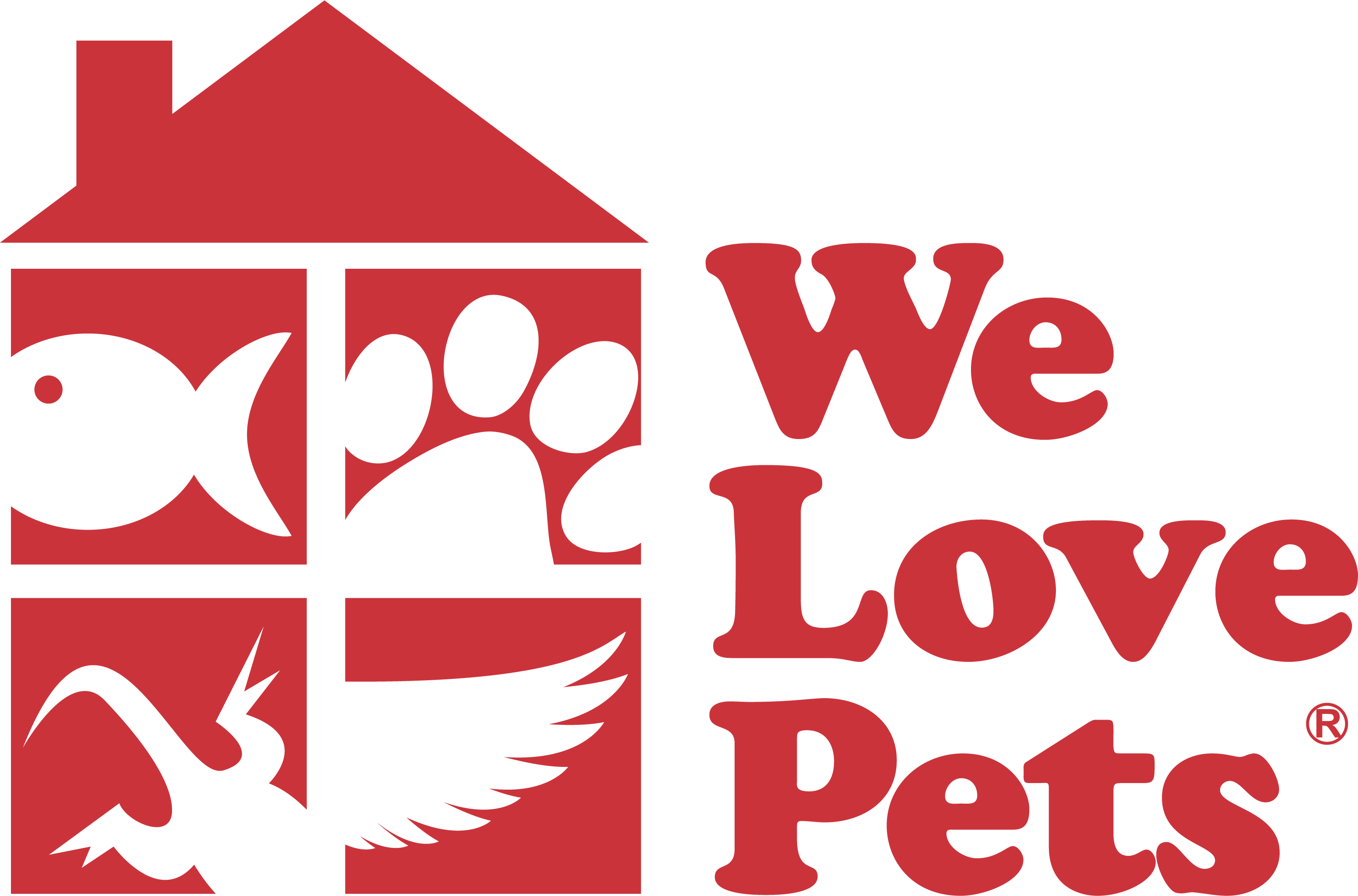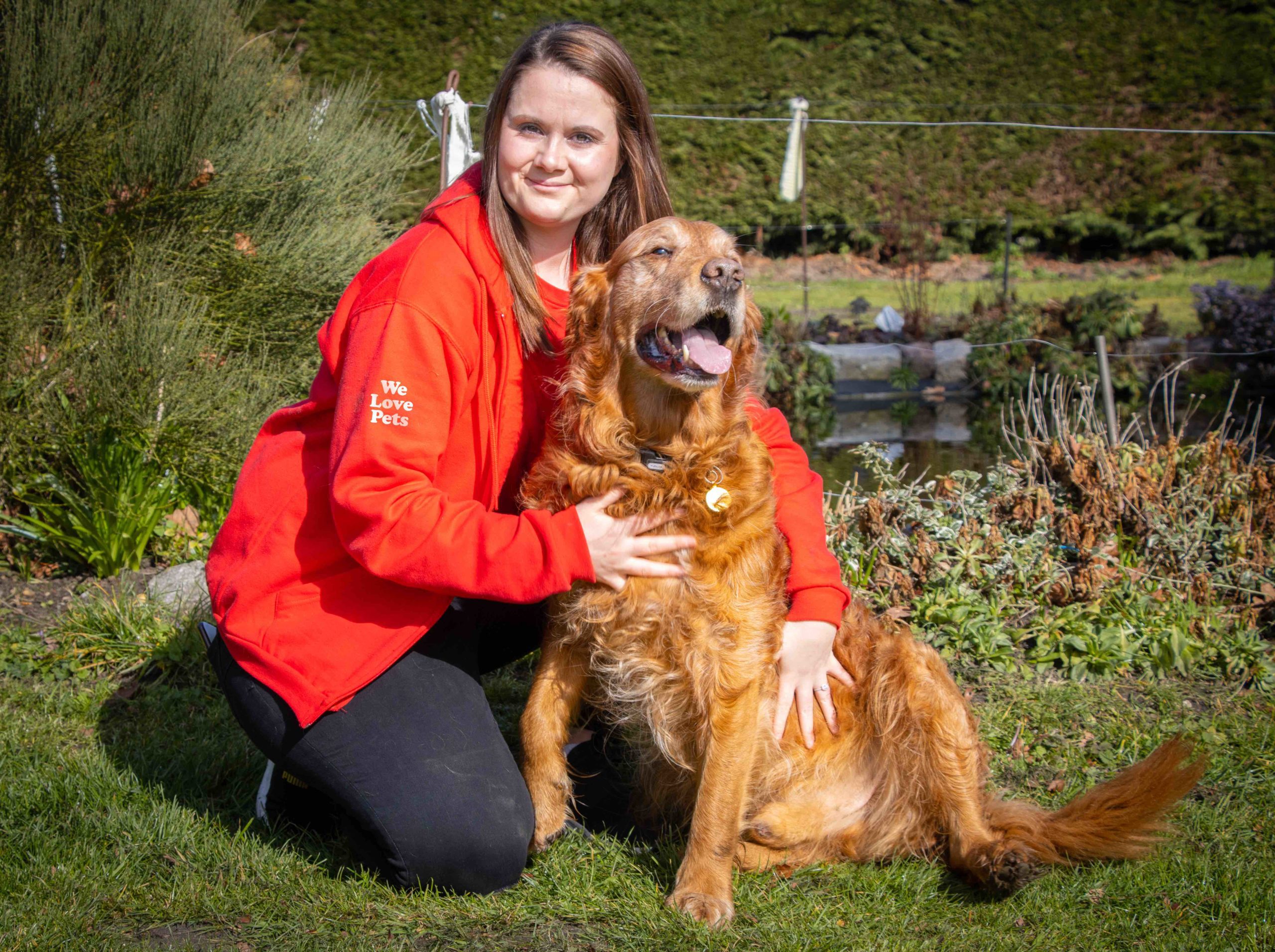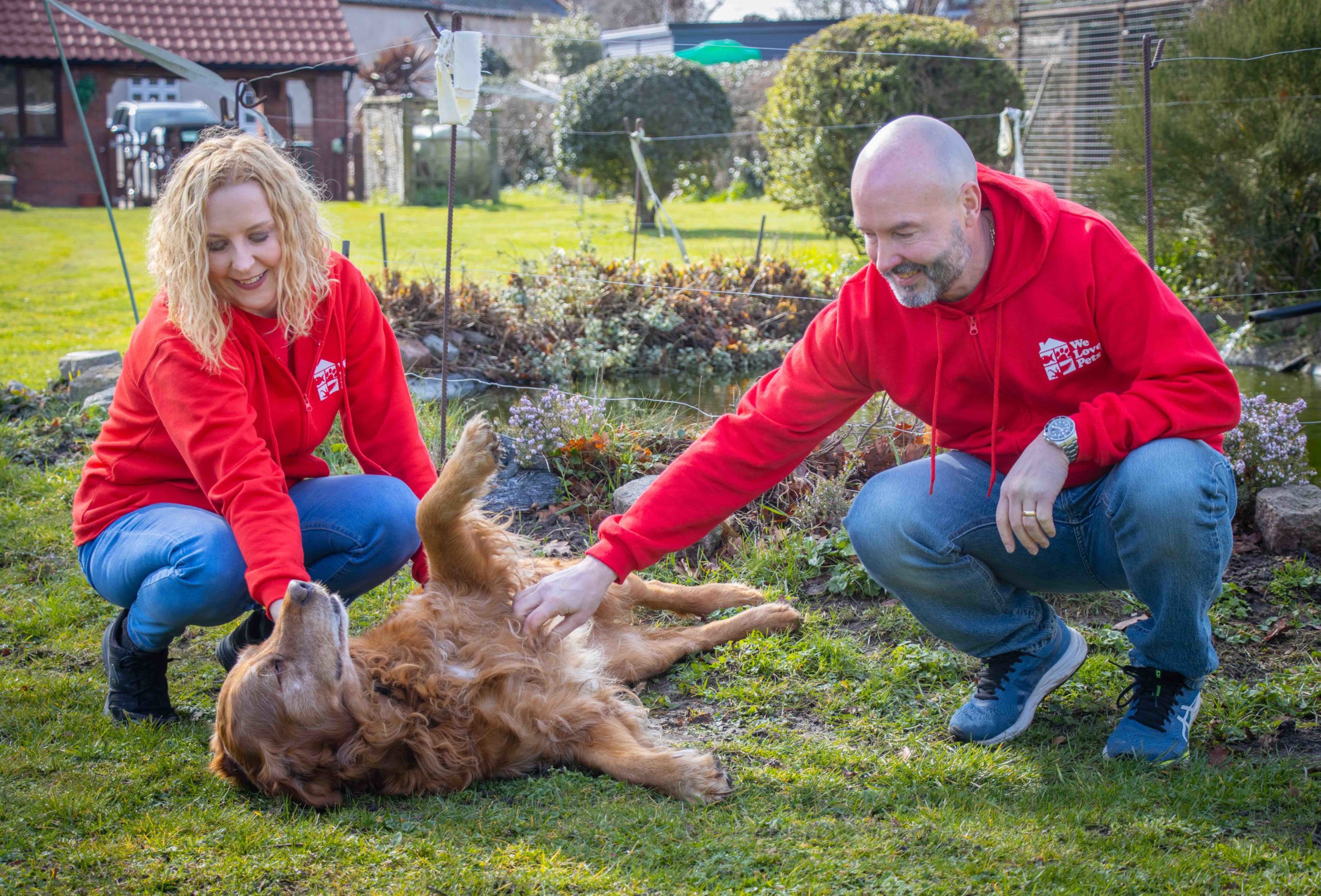The phrase “can dogs eat apples” is searched over 700 times every day on Google.
We were interested in finding out for sure, so vet Dr Craig Waldron did his research…
Because dogs are descended from omnivores (animals that eat meat and vegetation), they are remarkably adaptable to a wide range of foodstuffs. I can find no reason to assume feeding apple flesh to dogs may be harmful, including upon review of academic literature and similar reliable resources. In fact, there are many anecdotal reports of people feeding apples to dogs without apparent harm, and there are numerous proprietary dog foods that contain apples.
However, it is advisable to avoid feeding the seeds and stalks, as these reportedly contain small amounts of cyanide, and where apple flesh is fed, it is generally best practice to feed it as an occasional treat only. In fact, it is best to portion all treats into small amounts – the size of a thumbnail is a reasonable guide.
Providing a balanced diet for a dog over their lifetime is achieved through precise dosing of meat, cereals and vegetables, in order to meet their needs in terms of amino acids, proteins, carbohydrates, trace elements, vitamins and minerals. This is often achieved by feeding a good quality dog food.
However, where a homemade diet is to fed, it is best to take professional advice to ensure a balanced diet is achieved. There are also special considerations to be made at different stages of a dog’s life, as well as in different disease states. It is advisable to take advice from your vet if your dog has a known disease condition – for example, due to the levels of trace elements in apples, they may not be suitable for dogs with kidney disease. In fact, your vet is always the best person to make specific dietary recommendations for your pet – when in both good and ill health.
Some foods that must never be fed to dogs include
- grapes (and currants, raisins, sultanas, wine and juice)
- bread dough
- macadamia nuts
- peanuts
- chocolate
- garlic
- onions and shallots
- chives
- avocados
- peaches/plums (because of their pits)
- some mushrooms
- foods containing the artificial sweetener xylitol.
If your pet eats any foodstuffs that may be toxic, or if you are simply unsure, don’t hesitate to contact your vet. They will be able to confirm whether your pet needs to be seen, and if they are unsure, they can contact the Veterinary Poisons Information Service (VPIS) for advice on your behalf. Generally, if a toxic ingestion has occurred, the more quickly a patient is seen by a vet, the better the chances of them recovering.




